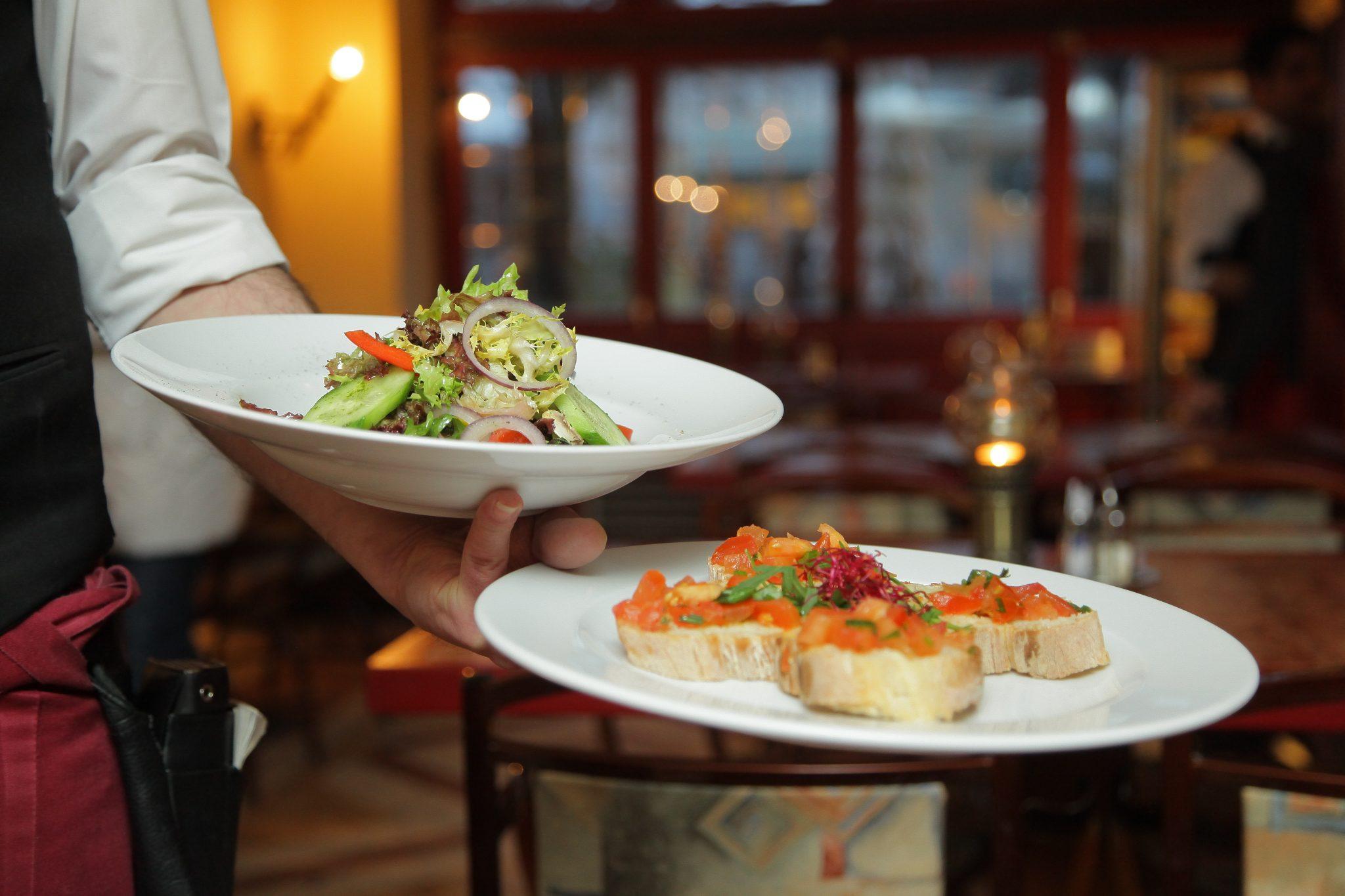Imagine this: it is a Friday night and you are waiting tables for one of the busiest restaurants in town.
There is an hour-long wait, you have seven tables full of guests and two more have just been seated.
Guests’ food needs to be delivered to their tables, someone has just asked for another Diet Coke with four limes and another customer is arguing about whether or not they can have their chicken cooked medium rare.
While stopping to pick up a receipt you notice that the last table has left a $1.79 tip on a $56.89 total check.
This is shocking because you know you gave perfect service and now it was for nothing. That $1.79 is not going to pay the bills, it is going straight to the “tip out” at the end of the shift.
When people do not adequately tip, it has a greater effect than what they may realize.
How servers earn, document and then keep their money is more complex than just grabbing a few bucks off of dirty tables.
Understanding of the mechanics of the restaurant industry makes this more clear.
In the United States, most restaurant staff do not make minimum wage.
Specifically in North Carolina, the Department of Labor notes that servers can make a minimum of $2.13 an hour, they then rely on tips to make up the rest of their salary.
If for some reason their tips during the pay period do not equate to what the hourly minimum wage amount would have been, the company they are employed by must compensate them.
In most restaurants, the hosts, bartenders, food runners and busboys do not make minimum wage either.
Therefore, the North Carolina Department of Labor states that companies can require wait staff to “tip out” a percentage of their total earnings or sales for the night to compensate for the lack of minimum wage pay of their coworkers as long as servers are notified of this policy beforehand.
Some restaurants allow servers to have a choice on what percent of their earnings they would like to tip out or if they even want to do so at all, but because their coworkers work just as hard as they do, the likelihood of servers choosing not to tip out is small.
Taxes are another thing that customers who decide not to tip might not consider.
It is a common misconception that servers work their shifts and then leave with their undocumented cash for the night.
It is required by the IRS that all tip earning employees document all tip income. This includes tips received directly from a customer or tips paid to the employee by the employer.
The reality of the situation is that before servers can clock out, they must “claim” all of their tip earnings so that they can pay taxes on them every year.
Gigi Moody, a writer for The Odyssey, a crowdsourced internet media company, also introduces the popular argument that serving is not a skillful job or that all servers do is drop your food down in front of you.
If you genuinely believe that, then how did your food get ordered?
How was every modification requested met? How did you get all of your refills? How did your extra ranches and napkins appear? How were your dishes promptly cleared from your table? How did this happen for the other tables around you? The answer is: your server.
Serving requires impeccable social and people skills, multitasking ability and stoicism. In your own respective careers, no one gets to decide if you are going to work for free during that day or hour. Why should you get to hold that power over your server?
Arguments such as, “Oh, I don’t have to tip, someone else will” or “Well maybe if [insert trivial problem here] had not occurred then I would tip” are insufficient and ill-mannered.
The next time you have to pay a bill at a restaurant, when you reach the dotted line after the word “tip” and feel yourself hesitate, let it be because you are struggling to calculate the mental math of 15-20 percent of the total bill.
Not because you’re actually considering tipping less than that, or not at all.
Kayla Smith is a freshman journalism major, from Concord, North Carolina. Follow her on Twitter at @berkleys26.

